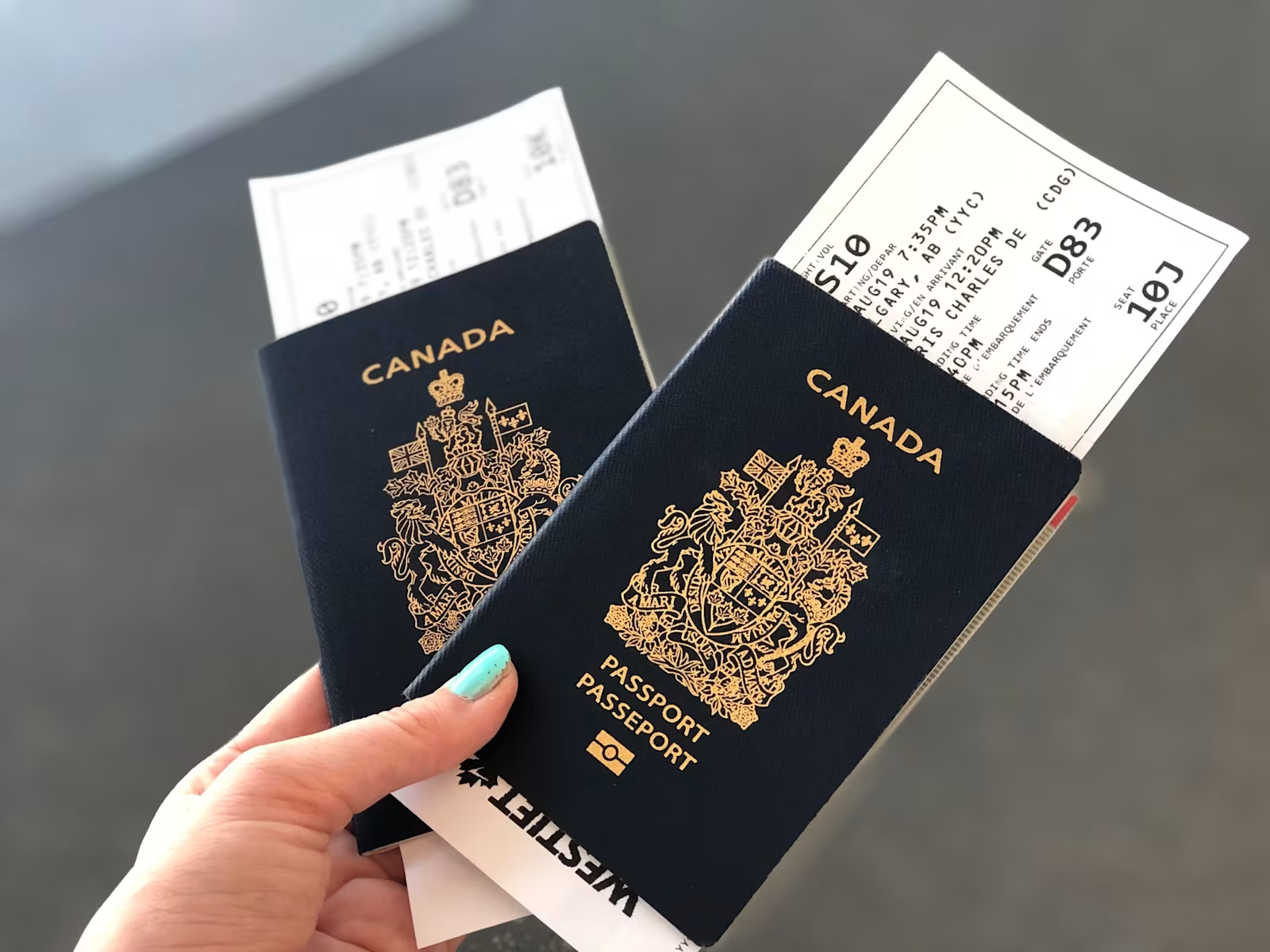A guide to understanding how mortgages in Spain work
If you're thinking about buying a home, you're probably thinking about taking out a mortgage. When is the right time to take out a mortgage? It could take you up to 40 years to pay it off, so, many people start thinking about applying for a mortgage at a young age. Either case, it’s important that you start to organise your finances and prepare for that time.
You can count on the help of your trusted bank, and in some cases, they can even help with the deposit for your dream house. This will, of course, depend on many factors and requirements, as well as demonstrable financial solvency.
But, how do mortgages in Spain work? We will explain how to apply for them, what the requirements are, and many common doubts that arise when making the decision to apply for a mortgage.
WorldRemit Content Team
• 7 mins read • Updated
Mortgages in Spain: how are they carried out?
First and foremost, we need to understand what a mortgage is. It is a loan that the bank gives you based on your financial capacity and can cover up to 80% of the cost of a property.
In addition, it is made up of three elements:
Capital. This is the amount of money that the bank lends and that you have to pay back in regular instalments.
Interest. This is the percentage of the capital that has to be paid for the loan.
Term. This is the time you have to repay the capital and interest.
Requirements for a mortgage in Spain
What do banks usually look for when you're applying for a mortgage? The requirements to apply for a mortgage in Spain are as follows:
Savings of 30% or more of the price of the property
Receive enough income to pay the instalments
Have a regular job
Have a good credit history
Provide extra collateral or guarantees: is it a good idea?
In order to know that you fulfil all of the requirements, the bank will ask you for a series of documents to validate the information. Keep these handy because any entity will ask for them:
DNI (for its Spanish acronym) or NIE (Foreign Identity Number)
Up-to-date employment history
Last year's personal income tax return
Bank statements for the last three months
Deeds to any properties in your name
Last paid receipts for any loans in your name
Lease or tenancy agreement, if you live in a rented property
Proof of other income
How many mortgages can be found in Spain?
There are several types of mortgages in Spain, which operate according to the interest rate charged by the bank for lending the money.
Variable mortgage. The interest rate applied depends on a reference rate, generally the EURIBOR, to which a differential is added. The interest rate can go up or down in each review period, depending on the evolution of the index.
Fixed mortgage. You will always pay the same amount for each instalment.
Mixed mortgage. For a period of time, usually the first few years, it functions as a fixed-rate mortgage and then changes to a variable mortgage.
In addition to the interest rate you should also look at the NIR and APR, the rates that actually determine what you will pay the bank.
Mortgage Costs in Spain
When applying for a mortgage in Spain, it's also important to take into account the associated costs. Mainly you must take into account the initial investment for the property, which is usually 20% out of the total cost.
Also, you must add what you are going to spend on notary, registration, and taxes to this. By the way, there’s an important one called "the tax on the purchase of a property". If it's new, you must pay VAT at 10% for free housing or 4% for protected housing.
If it's second-hand, the Property Transfer Tax to be paid, will vary in each community between 4% and 10%.
When does a mortgage become statute barred in Spain?
Although personal loans are statute barred after 5 years, mortgage debts have a much longer period. A mortgage in Spain is statute-barred after 20 years from the maturity date.
This doesn't mean that the debt does not exist. The creditor loses the right to demand payment of this debt. This is set out in and regulated by Article 1964 of the Civil Code.
How many mortgages can one person hold in Spain?
Although it's normal to hold one mortgage per person, you never know when you might need to take out a second one. There is no law that prohibits having more than one at the same time. However, the Bank of Spain indicates that no more than 35-40% of monthly income should be spent on one debt.
In other words, you can have as many mortgages in Spain as your debt capacity allows.

Fotografía de Erwan Hesry /Unsplash
Mortgages for foreigners in Spain
At some point we have talked about how to buy a property as a foreigner in Spain, due to the fact that the European country is one of the most sought-after when it comes to emigrating and considering starting a new life.
We'll give you tips on how to apply for mortgages for foreigners in Spain.
How do mortgages work for foreigners residing in Spain?
The usual conditions for applying for a mortgage, for foreigners residing in Spain, are usually similar to those for Spanish citizens. However, there are some exceptions regarding documentation.
You must open an account at the bank based in Spain at which you want to take out a mortgage.
Mortgages are offered both at a variable and fixed rate. The latter option ensures that the monthly instalments remain constant throughout the life of the contract. You should bear in mind that the fixed interest rates for non-residents in Spain are usually higher than those offered to residents.
The applicant's level of debt should not exceed 30%-35% of usual income: i.e. the amount resulting from the sum of your future mortgage payment and the payments of other existing debts should not exceed this limit.
The maximum repayment terms range from 20 to 30 years, provided that the applicant's age does not exceed 70 years before the maturity of the mortgage. That said, the maximum terms for non-residents rarely exceed 20 years.
The provision of real estate collateral and personal guarantees favours financing conditions. Although, as we have already indicated, properties abroad are not assets that Spanish banks particularly value, due to their inaccessibility. For the same reason, personal guarantees must be provided by Spanish residents.
You'll also have to pay the additional costs mentioned above, such as notary, registry, administration and taxes. These usually come to between 8% and 13%, in addition to the price of the property.
How do mortgages for non-residents in Spain work?
Not all financial institutions approve mortgages for foreigners who are not residents in Spain. Loans have a number of conditions that affect the maximum amount to be borrowed and the interest rate set in the contract.
The credit risk report for non-residents is one of the documents that must be submitted. The purpose of this is to verify the activity and economic solvency in the country where the person resides and works.
In addition, proof of the capital provided must also be presented in order to avoid money laundering operations.
Another fact to bear in mind is that if you are a non-resident you'll have to pay a 15% higher security deposit than residents.
What is a reverse mortgage in Spain? Differences with conventional mortgages
A reverse mortgage is a mortgage loan that allows people over the age of 65 to obtain, with the guarantee of their home, a monthly bonus with which they can supplement their income for a certain period of time, with the possibility of receiving these payments for life.
In case of death of all the owners, the heirs will have a period of time to repay the total amount owed. They'll the option to cancel it with the sale of the property or to keep it by cancelling the debt, according to Banco Santander.
How does a reverse mortgage work?
While in a traditional mortgage you, as a customer, receive the full amount of the loan from the bank and make monthly payments to repay the debt, a reverse mortgage will guarantee you a monthly payment that will not have to be repaid during your lifetime. After your death, your heirs will have to repay the loan and its interest.
Monthly amounts received through the reverse mortgage, up to the fixed term, are not subject to personal income tax (IRPF).
In addition, this monthly income can be an added supplement to other income you may be receiving, such as a pension or other funds. The loan can be paid off early if you wish.
These types of mortgages are suitable for people over the age of 65 who are homeowners and have no other property debts in their name.
The future of mortgages in Spain
During 2022, the price of the EURIBOR and Euro InterBank Offered Rate have been rising and, in general terms, refers to the price at which European banks lend money to each other.
It's predicted that the cheapest fixed mortgages in Spain are coming to an end and that, in the near future, they will cease to be profitable for consumers and will be completely phased out.
At least 20 banks have already increased their prices or directly removed the option to apply for fixed mortgages in Spain.
There is no doubt that inflation is affecting many countries and Spain is no different. Therefore, it's important that you know exactly what inflation is and how it affects our day-to-day lives.
Buying a property in Spain can be an overwhelming process, but if you know the requirements and formalities you need to have on hand, time and patience can get it done.
And if you're a foreigner, we'll help make your life easier. Remember that you can make international transfers with WorldRemit. Whether you need to pay for the processing of a document in your home country or send money to family or friends.
This press release is intended for marketing purposes only and does not constitute or provide legal or investment advice.
Back to home
WorldRemit allows customers to stay connected and support their loved ones. Our Content Team plays an integral part in that. We celebrate the global community and help you to achieve your ambitions.



